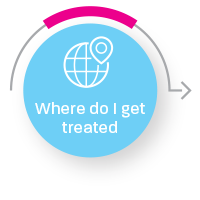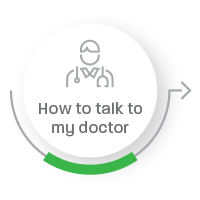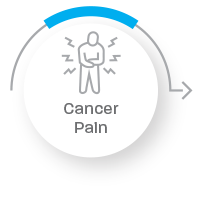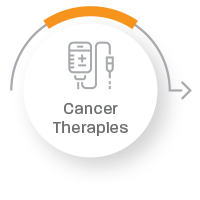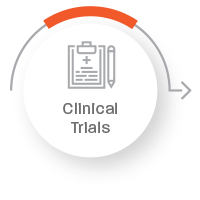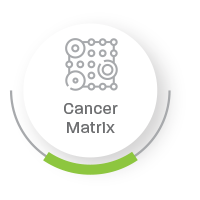Where Do I Get Treated?
Where Do I Get Treated?
Choosing the right type of cancer center can be daunting for newly diagnosed patients. With different types of centers available, each with their advantages and disadvantages, patients must choose one that best fits their individual needs and circumstances.
Integrated network cancer programs
Integrated network cancer programs offer a wide range of cancer specialists and services that provide more comprehensive care, but may not be the best choice for patients who prefer a more personalized approach.
Academic comprehensive cancer programs
Academic comprehensive cancer programs, affiliated with universities, are good options for patients interested in clinical trials or cutting-edge treatments, but may have long wait times and be research-focused.
NCI-designated comprehensive cancer programs
NCI-designated comprehensive cancer programs are recognized for providing high-quality care and research, offering access to the most advanced treatments and technologies. However, they may have long wait times and be located far from the patient’s home.
Comprehensive community cancer programs
Comprehensive community cancer programs are a local option for comprehensive care, while community cancer programs offer personalized care but may lack resources.
Hospital associate programs
Hospital associate programs offer a range of cancer services within a hospital setting.
Pediatric cancer programs
Pediatric cancer programs offer specialized care for children with cancer, while veteran affairs programs provide services specifically for veterans.
Ultimately, patients should research their options carefully and discuss their decision with healthcare providers and loved ones. Choosing the right cancer center is critical in receiving proper care, so it is important to take the time to find the best fit for each individual’s needs.
Cancer Center Locator

Help Support Cancer GPS
Cancer GPS is a 501(c)(3) organization, and your donations allow us to keep providing services to cancer patients and their families. Thank you for your continued support.

